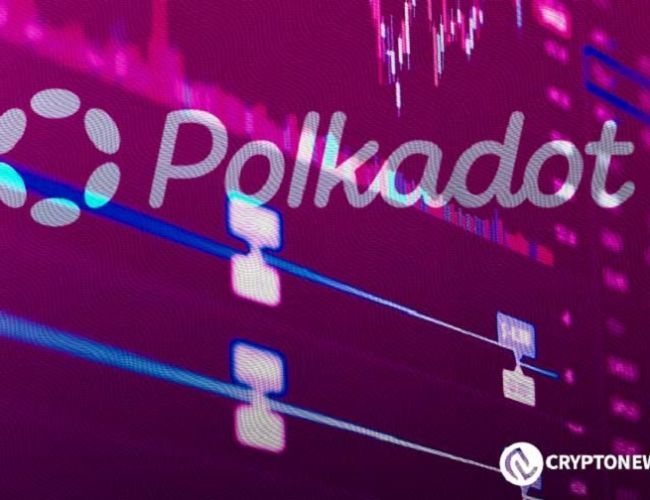- Emerging blockchain networks are challenging Polkadot by offering innovative solutions for scalability, interoperability, and security.
- Projects like Astar Network and Acala are raging between established DeFi and the development of new financial services products, active both developers and investors.
- Specialized networks like eFinity (for NFTs) and Corda (for enterprise solutions) are targeting specific niches within the blockchain ecosystem.
There is a vibrant ecosystem for blockchains, and contenders to Polkadot have surfaced in several networks. These platforms are driving new solutions to scale, integration, and security issues of the decentralized ecosystem. As the industry proceeds five networks have drawn significant attention for their novelty and potential to disrupt traditional blockchain offerings.
Astar Network: Bridging Traditional and Decentralized Finance
Astar Network can be described as a multisol venture centralized as an array of smart contract chains for dApps. The ability to support multiple virtual machines and interoperability has drawn developers wishing to develop applications that work across multiple chains. Astar’s ability to link centralized and decentralized finance has been appealing to both developers and investors.
Acala: Pioneering DeFi on Polkadot
As an ecosystem wholly integrated into the Polkadot blockchain, Acala is now recognizable on its account concerning a powerful network of DeFi applications. Acala is a DeFi platform that provides many financial derivatives such as MDS, DXD, and LDOT. Its unique focus on DeFi has made it a vital part of the Polkadot ecosystem and other blockchain systems further afield.
eFinity: Revolutionizing the NFT Landscape
eFinity was unveiled by Enjin and the purpose of this technology is to solve the scalability and usability problems in the NFT market. Its achievement of focusing on ease of use for its NFT producers as well as consumers has put the platform in a different league than most blockchain platforms. eFinity seems to have the capability to revolutionize the NFT space both in the gaming world and in the world of art.
Kusama: The Canary Network for Blockchain Innovation
More often than not, known as the ‘canary network’ of the Polkadot, Kusama is an experimental environment for blockchain projects before moving to the mainstream Polkadot network. Its true and free form enables flow and speed of change and development by numerous entities, some unregulated. Although Kusama can be seen as a sister to Polkadot, it has indeed evolved its economy with the type of projects that need the high speed it offers.
Corda: Enterprise Blockchain Solutions
Corda on the other hand developed by R3 concentrating on the enterprise blockchain. It stands out from public blockchain networks geared toward businesses that need anonymity and the capability to expand within their respective programs. The former has a distinct architecture and is aimed squarely at meeting regulatory frameworks as the designation for the company in the sphere of the enterprise blockchain.
Read the full article here

